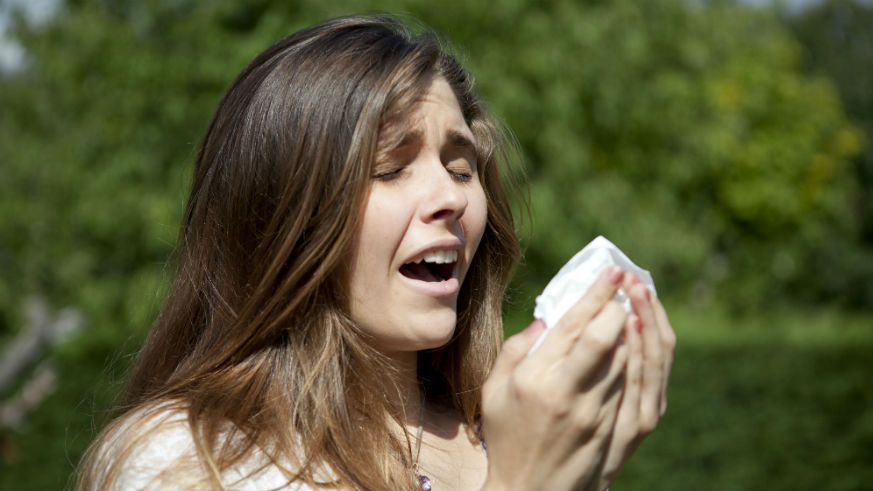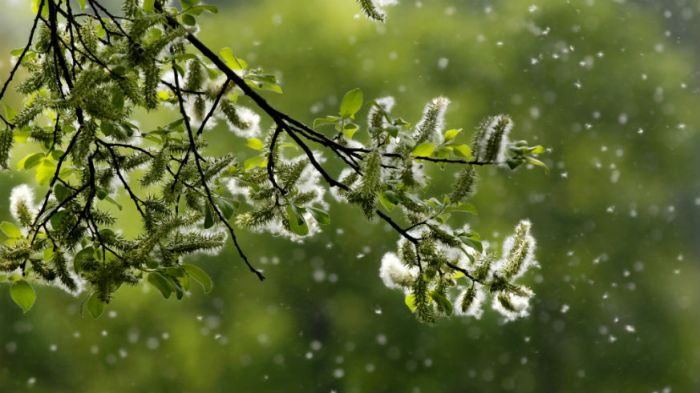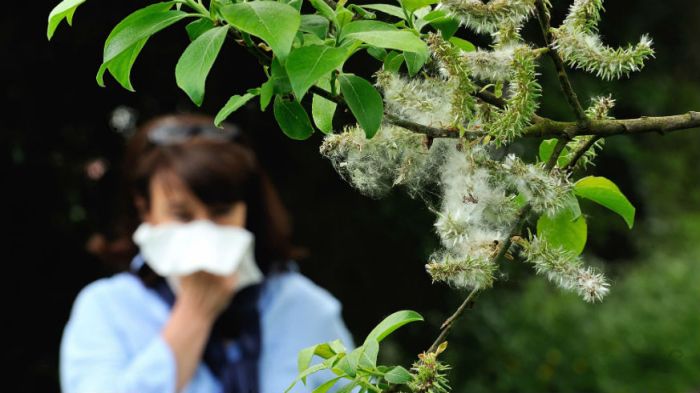Oh no, you sneezed. You didn’t get the flu shot this year, so are you coming down the flu (since flu season’s not quite over yet), or is it just allergies? When does allergy season start, anyway?
First of all, it isn’t too late to get the flu vaccine, even if cases of this year’s flu are finally decreasing. Better safe than sorry and in bed with a horribly sore throat, right? But Metro also put together a helpful guide to allergy season so you know when those pesky symptoms, frequently confused with flu or the cold, are due to kick in.
The good news is, you probably have allergies. The bad news is, well, you have allergies. Stock up on tissues, eye drops and allergy medication and we’ll all get through this together. After all, 50 million Americans suffer from allergies each and every year, according to the CDC. So you’re not in this alone.
When does allergy season start?
Unfortunately, even though we talk about allergies as if there’s a confined season to all of them, there really isn’t — that’s because different people get allergies from different things. “‘Peak’ allergy season varies for each individual depending on what they may be allergic to and the region of the country they live in,” allergist and immunologist Sindhura Bandi of Rush University Medical Center told Allure.
But if you happen to know what sets off your worst allergy symptoms, Bandi gave a quick breakdown of several common allergens and the range of their season. So when does allergy season start? This spring, tree pollen will be the first to hit us. That seasons starts late-February or early-March and runs through May. Grass season then takes over, running through the end of July. If ragweed and mold get you sneezing, you’re next. Expect those to hit in August, with mold tapering off with the end of fall and ragweed hanging on potentially until November.

But this also depends on where you live. “In areas that do not experience frosty conditions, certain allergens may persist for longer seasons,” Bandi explains. Those of you in the Northeast might get a shorter allergy season to balance out all those springtime cold snaps. But this is also affected by nation-wide weather trends. Bandi added that “with the more temperate climates we have been seeing nationally, certain pollen seasons are lasting for longer than usual.”
Allergens such as pet dander, dust mites and cockroaches are perennial allergies, unlike those mentioned above, and don’t have a designated season. They have the potential to pester you with a scratchy throat and watery eyes year-round. And mold? That little guy can cause both perennial and seasonal allergies.
Can you prevent allergies?
Sorry, no, but the CDC reminds everyone that while they cannot be prevented, allergy symptoms can be minimized. Now that you know the answer to when does allergy season start for your particular allergen, lessen the blow by being in an air-conditioned environment when you can (an air filter obviously helps), using allergy medication when necessary to treat symptoms and keeping your house free of mold — a healthy habit even if you’re not particularly allergic.
If you have a serious reaction to any of the seasonal allergens, there are a couple other strategies to add to your allergy-fighting arsenal. “When you come in from the outdoors, change your clothes and take a shower to rinse pollen out of your hair and off your skin,” clinical assistant professor at the University of Tennessee College of Medicine Darria Long Gillespie, who’s also head of clinical strategy at Sharecare, suggests.

Weather forecasting sites will also give you a pollen count for the day, which can be helpful in planning what to pack in your purse. Keep some eye drops and antihistamines in your bag if you know tree pollen hits you particularly hard. If you don’t know your trigger, going to a doctor to find out can be helpful the fight against annoying symptoms.






















